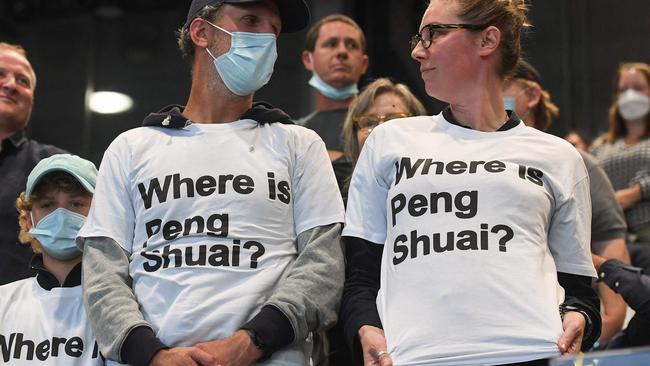
Or if you want a laugh allow me to take you back to Salt Lake City and reintroduce you to Johann Muhlegg, the German cross-country skier who won three gold medals at those Games. For us folk in the press room, there wasn’t snow on those Utah mountains but manna. Muhlegg was a godsend.
He came to the Games with a bottle of holy water and a Portuguese spiritualist, Justina Agostinho. Through her, he said he communicated with the Eternal Father. He had once been a member of the Germany team before decamping to Spain, where he thrived. From being a guy who might make a final, he became a consistent winner.
Spirituality for dopes
He told us that he had fallen out with the Germany coach Georg Zipfel, who had tried to interfere with his spirituality. Through Agostinho, the Eternal Father confirmed that Zipfel had in fact cursed Muhlegg. That didn’t hurt the skier’s performance — he just got better and better.
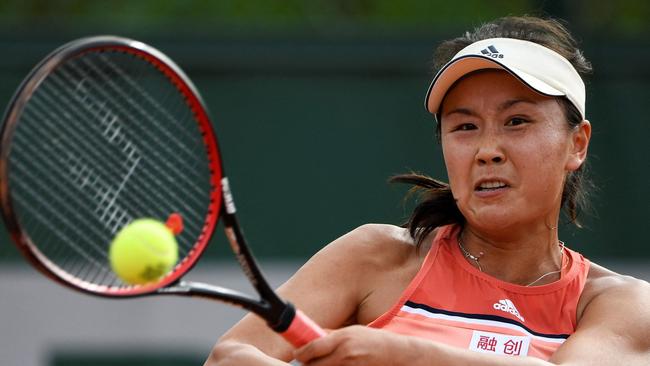
His new team could offer nothing like the support available to the Germany ski squad and yet Muhlegg was a man transformed. Many believed he had to be doping, though there was little evidence beyond the startling improvement in performance. After winning his first gold medal at Salt Lake City, it was put to him that he had to be doping.
“The people who think this are crazy,” he said, without a hint of dismay at the question. After winning his second gold medal, Prince Juan Carlos, the king of Spain, sent him a message of congratulations. And after the third gold medal, Muhlegg tested positive for darbepoetin, the second-generation EPO drug.
We had started those Games suggesting that he was a probable cheat and by the second week we were able to confirm that he was a cheat. It was the first Olympics at which the World Anti-Doping Agency presided and poor Muhlegg was low-hanging fruit for the new anti-doping agency.
Bless him, he made those Games interesting.
Daring to ask the Peng Shuai question
I wonder whether visiting international journalists at the Winter Games in Beijing, starting this week, will have the same licence to ask about the wellbeing of the tennis player Peng Shuai.
These are trying times. Last week the Chinese-born, Melbourne-based artist Xiao went to the Australian Open at Melbourne Park wearing a T-shirt with an impression of Peng’s face on the front and a question on the back: “Where is Peng Shuai?”
Xiao believed people were forgetting about the tennis player and the protest was her attempt to push the story back into the public spotlight. Organisers of the Australian Open weren’t impressed and security guards told Xiao that she wasn’t permitted to carry any items or wear any clothing that made a political statement.
That provoked a strong backlash and soon the organisers backtracked and allowed fans to express support for Peng.
The story had begun on Tuesday, November 2, when she posted a message on Weibo, the Chinese equivalent of Twitter, alleging that the former vice-premier and member of the Communist party’s Politburo Standing Committee, Zhang Gaoli, had sexually assaulted her.
The message soon disappeared from the platform and every search involving Peng, Zhang and the allegations was blocked.
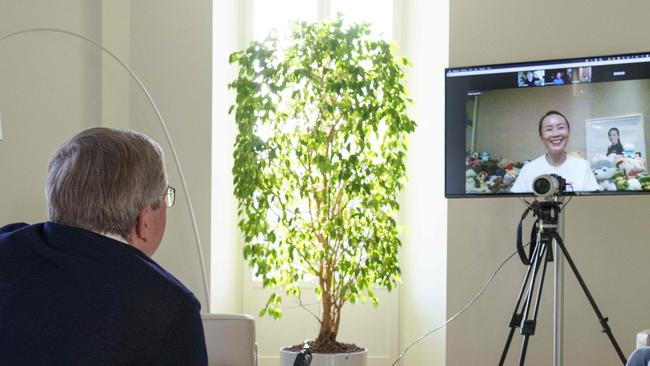
A month later Peng retracted what she had said in her post and spoke with the president of the IOC, Thomas Bach, and other officials at the organisation in a separate call. After the conversation with Bach, the IOC issued a statement in which it said that Peng was “safe and well”.
Peng also told a journalist with a Singapore newspaper that her original post had been misunderstood and that she had never said or written that anyone had sexually assaulted her.
What to believe? Peng’s original post seemed authentic, as she also said that she and Zhang, 75, had been in an on-and-off consensual relationship for many years. After her post was taken down, Peng disappeared for weeks and there were fears for her safety. Officials at the Women’s Tennis Association (WTA) tried unsuccessfully to contact her and they believed there was cause for concern.
Since then the WTA has still not been able to speak to Peng and the suspicion remains that she may have been coerced into doing everything she has done in public. The WTA has decided to suspend tournaments scheduled to take place in China. The men’s ATP has been lukewarm in its support for Peng.
Magda Linette, a leading Polish player and a member of the WTA player council, told The New York Times that she hoped Peng could speak directly with a fellow player or the chief executive, Steve Simon. “If we could see her in an environment where we know she is not being really controlled and we can have at least a conversation, because she has been refusing that, I think that would be a really good step to trying to rebuild the trust, trying to rebuild the relationship again to see how things are going and how she is.”
I imagine some of the athletes at the Winter Games will be thinking of ways to express support for Peng over the two weeks of competition. What will the IOC do, how will the Chinese government react?
Dissent is not encouraged in Beijing but it’s hard to imagine the country’s leaders would want a bad news story while they’re hosting an Olympic Games.
If I were there this week, it would be the story that I would most want to cover.
The Times


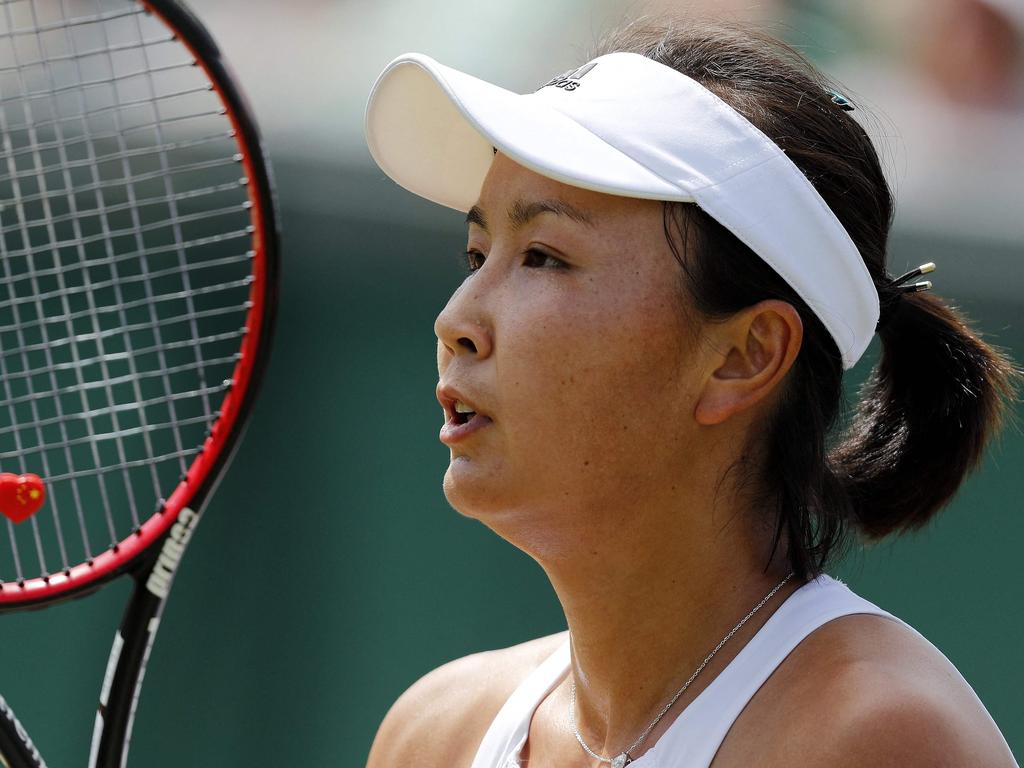


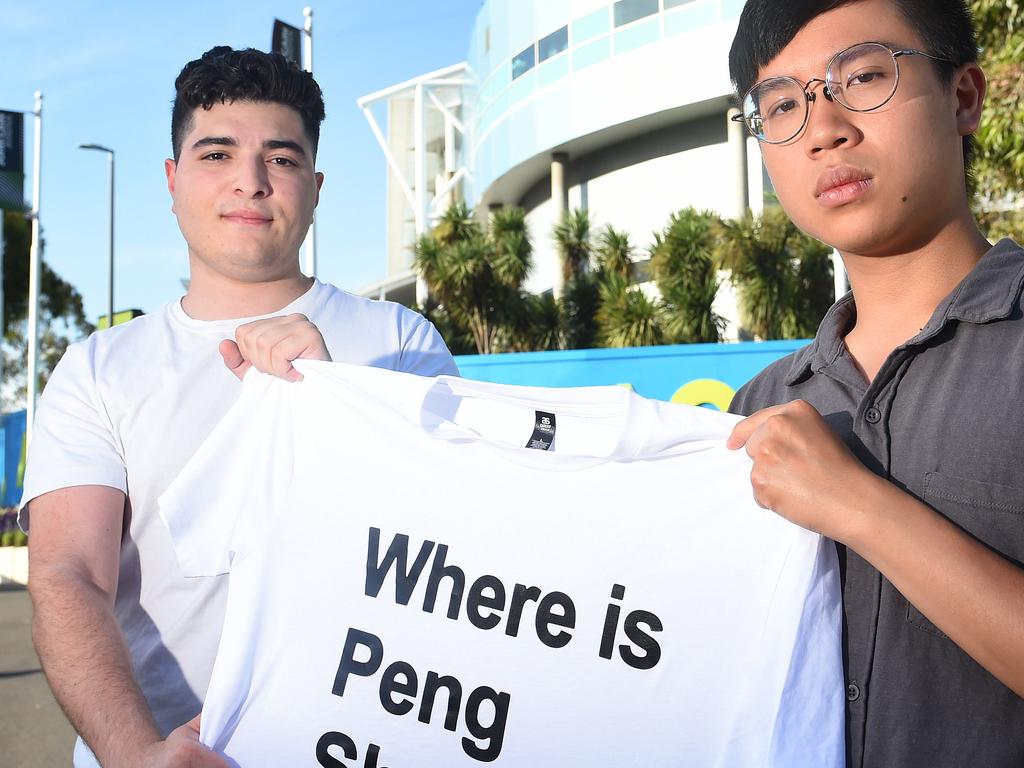
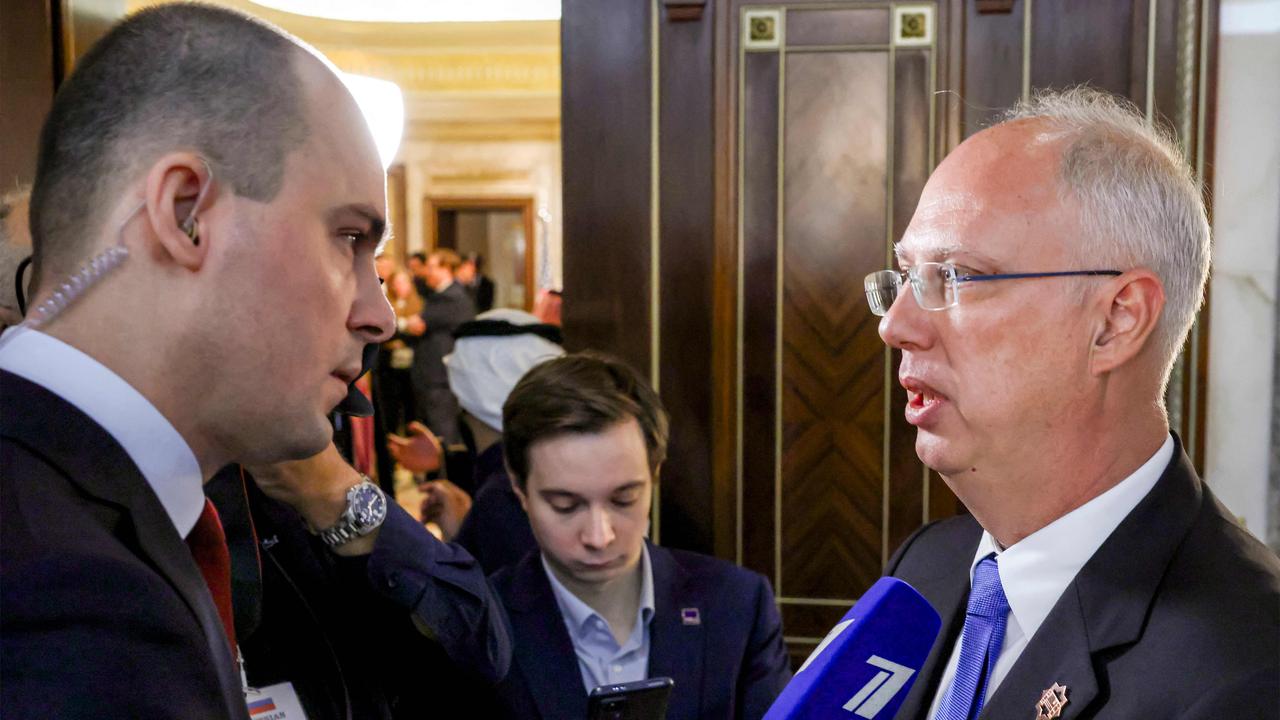

Only once have I been to a Winter Games. This was Salt Lake City in 2002 and it was in its own way memorable. Many will recall the bribery scandal, the investigation that followed, the expulsion of IOC members and the commitment to stricter protocols in future bidding processes. Don’t laugh.